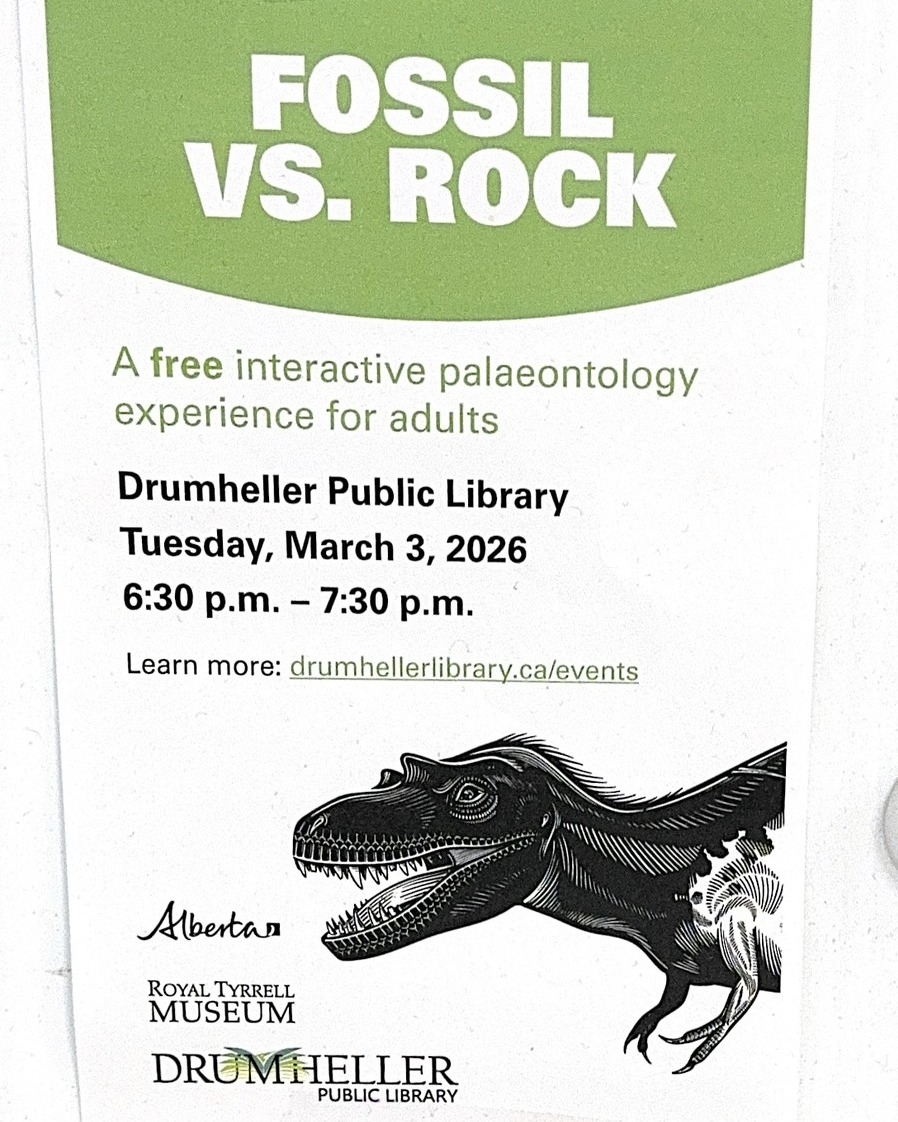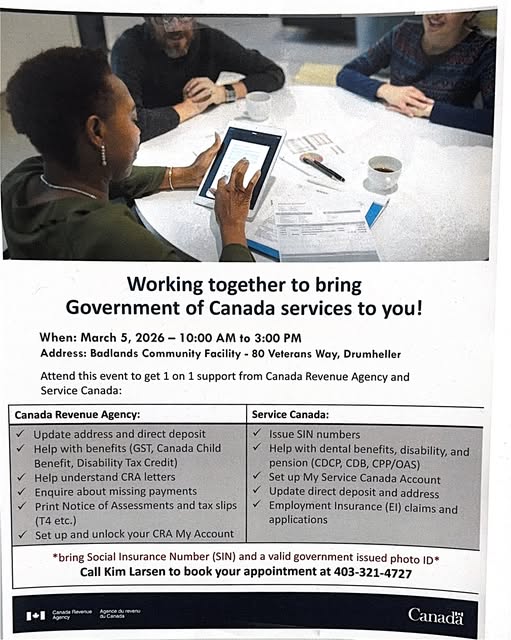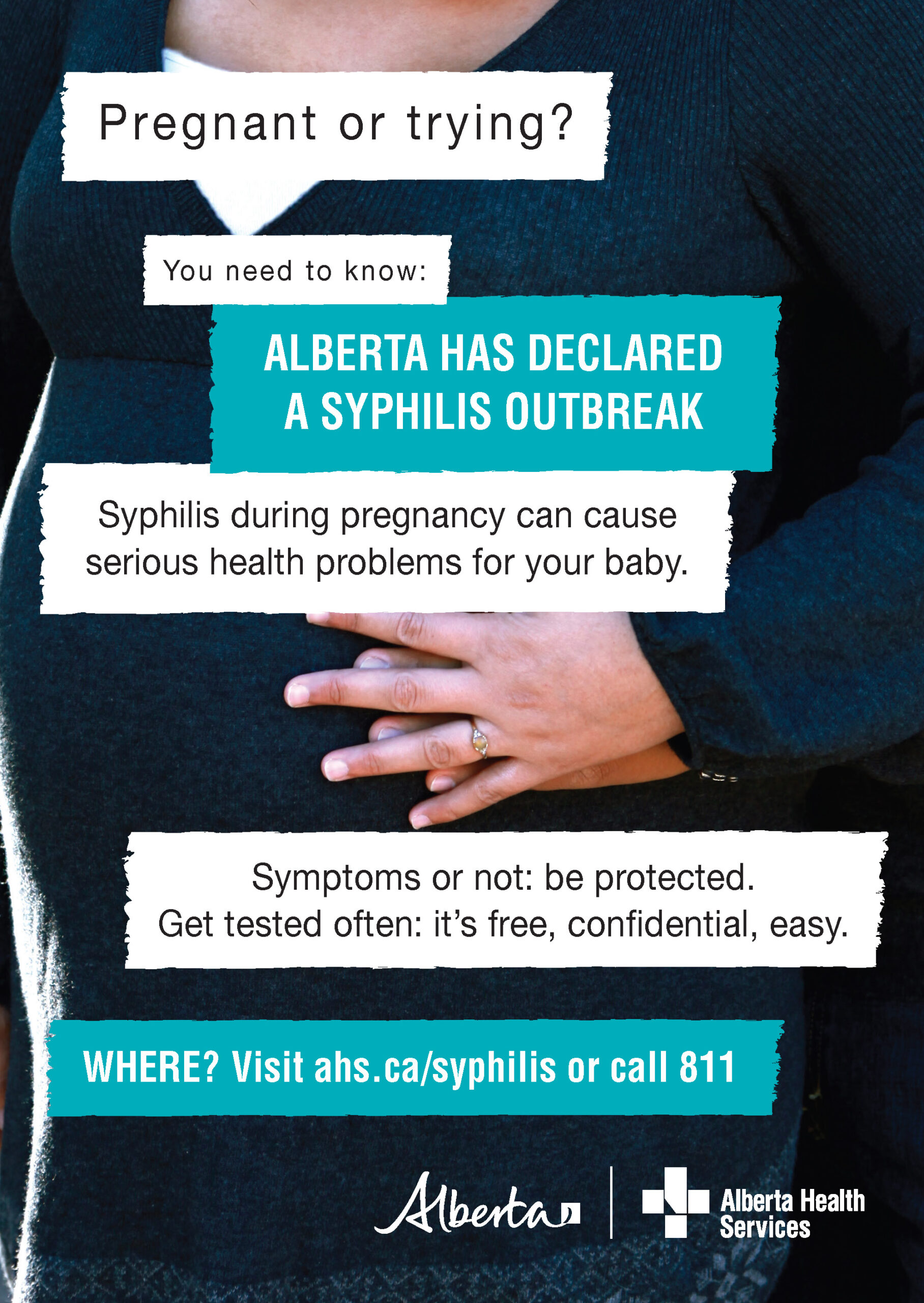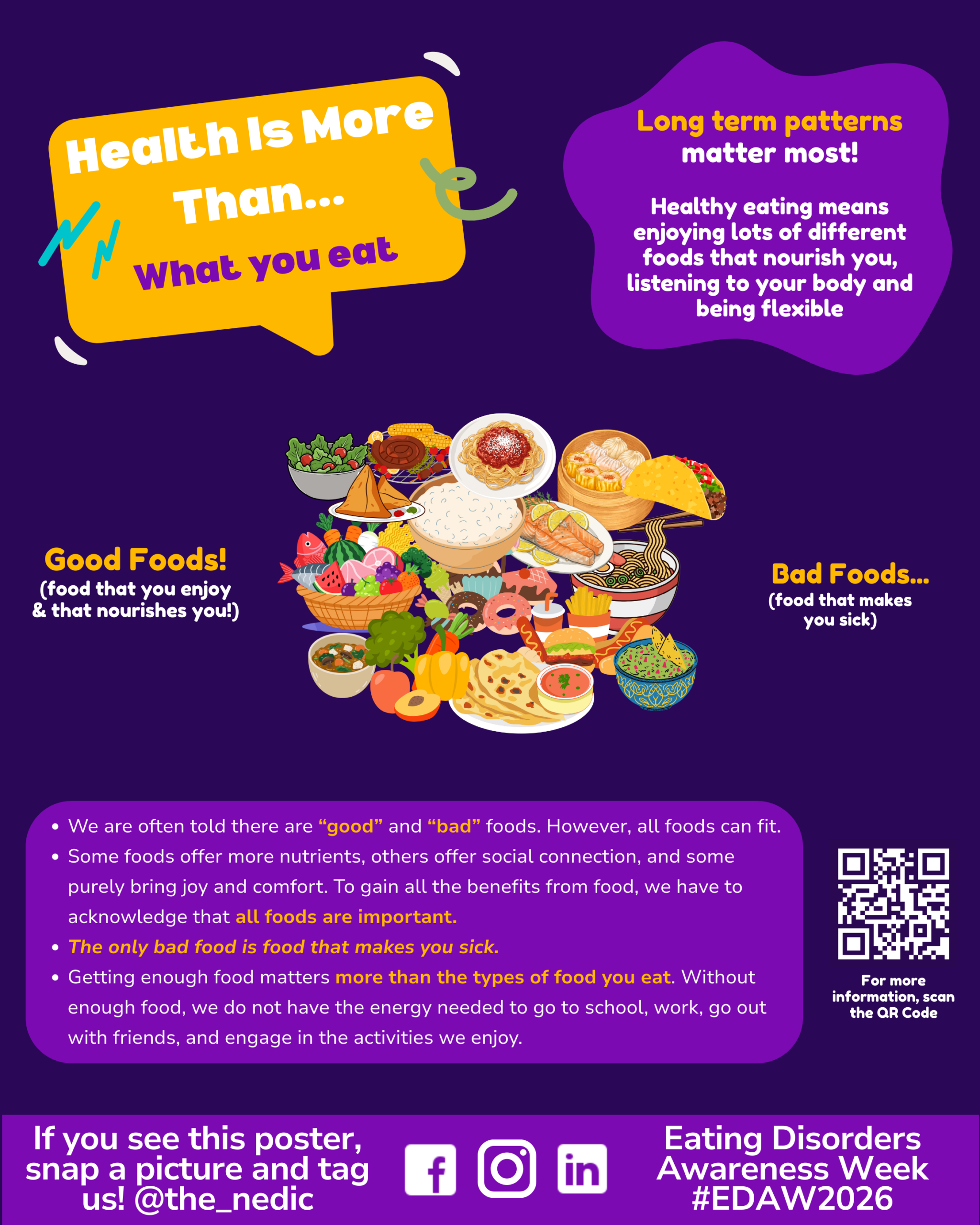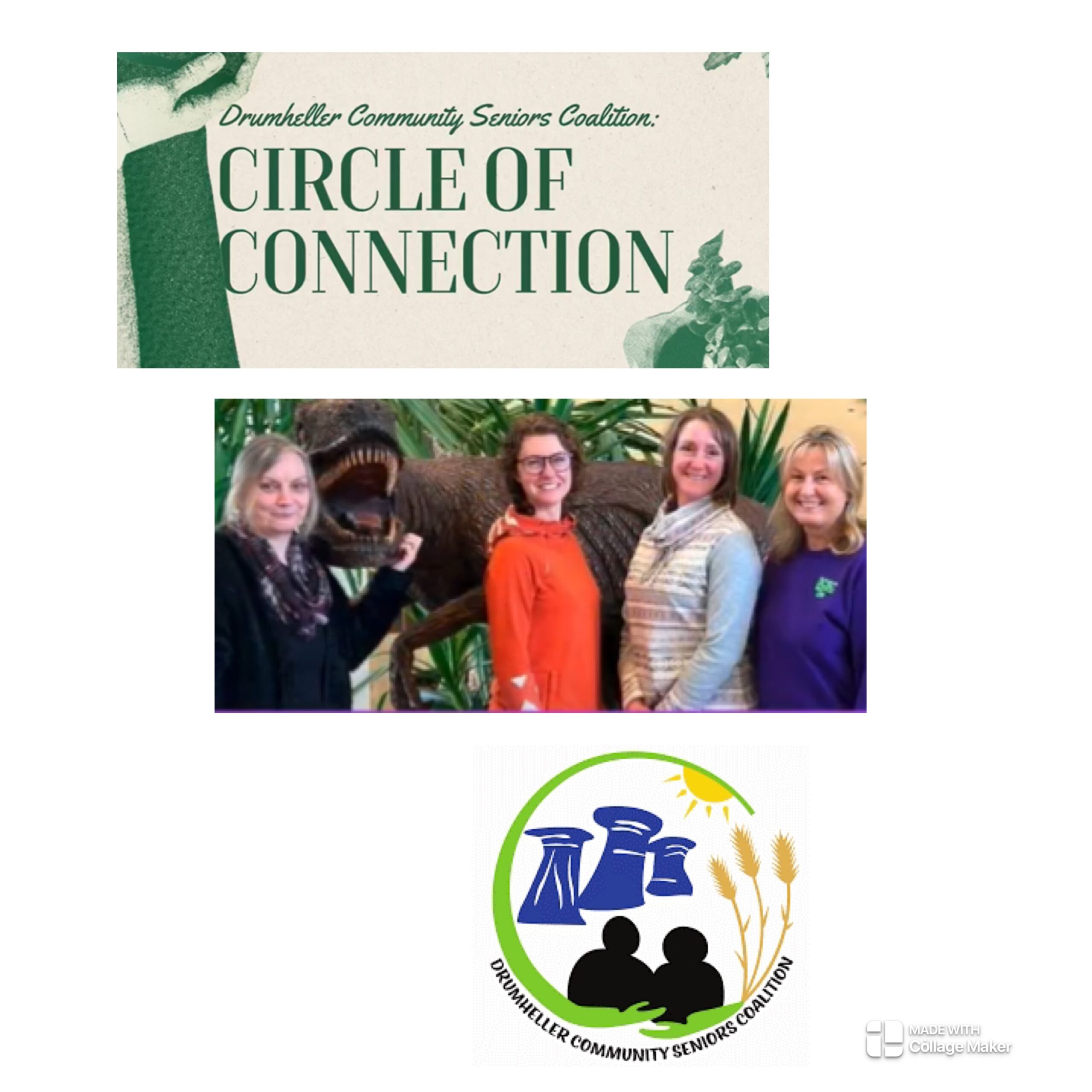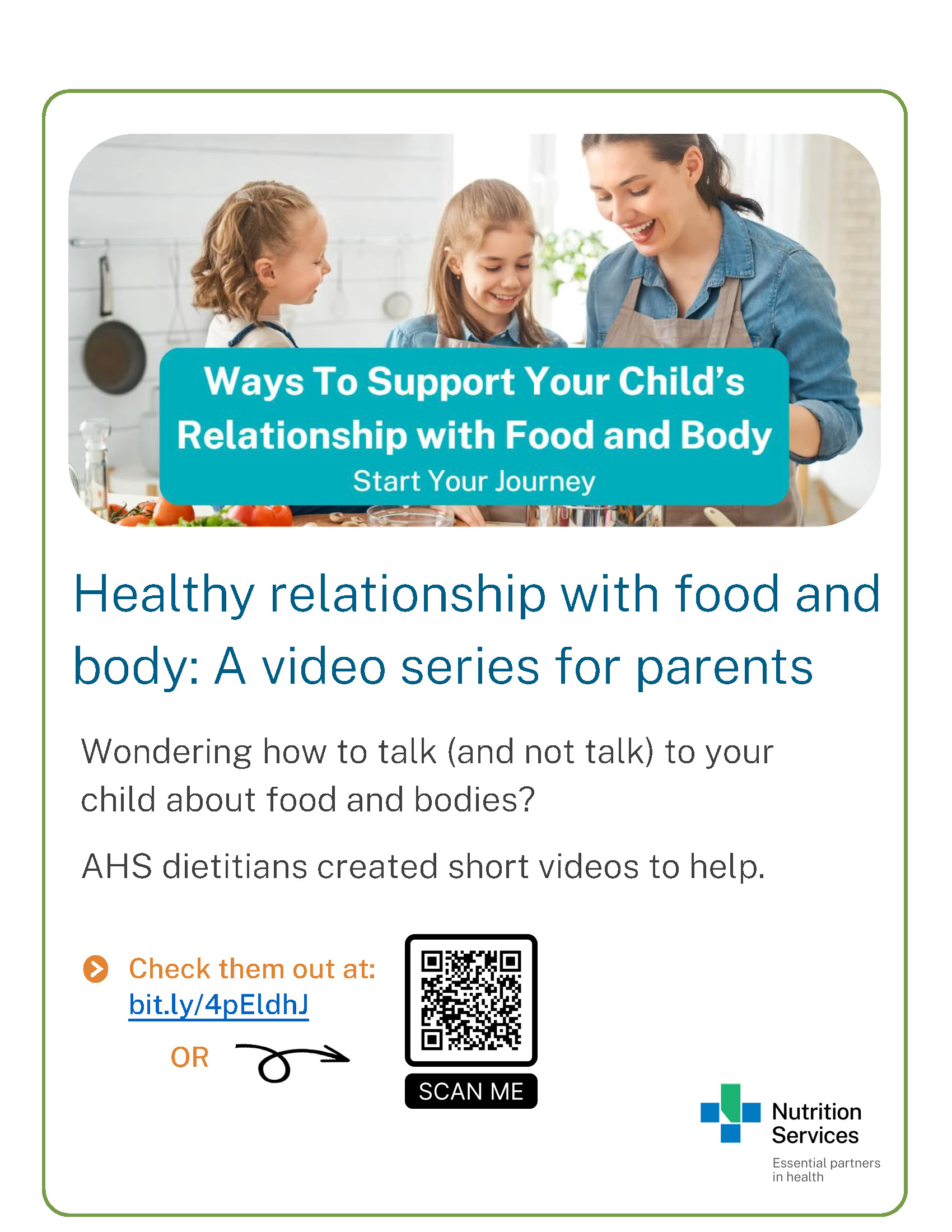Alberta is transitioning to a new cervical cancer screening test. Women and people with a cervix aged 50 to 69 years will be screened by their healthcare provider with the cervical screening test instead of the Pap test. The cervical screening test looks for high-risk types of human papillomavirus (HPV), a common virus that spreads through sexual contact.
Who is eligible?
Women and people with a cervix
Aged 50 to 69
Due for cervical cancer screening
Have a valid Alberta Health Care number
Have had sexual contact with another person of any gender, at any time
You should still get screened for cervical cancer even if:
You have had the HPV vaccine.
You feel healthy
You have been through menopause
You have no family history of cervical cancer
You have had sexual contact with only 1 person
You have had the same sexual partner for a long time
You have not had sexual contact in a long time or are no longer sexually active
You are in a same-sex relationship.
Most people will have an HPV infection at some point in their life and never know it. There are usually no symptoms. Most HPV infections don’t cause any problems and are cleared by your body within 2 years. But sometimes, certain HPV types don’t clear on their own and can cause cells on your cervix to become abnormal. These abnormal cells may become cancer cells over time.
Your healthcare provider will collect a sample from you in the same way they did for a Pap test.
Benefits and risks of cervical screening tests
As with any other test, there are both benefits and risks; you might think of these as pros and cons. It’s important to be aware of them before having any test so that you can make an informed decision. While no screening test is 100% accurate, scientific evidence shows that getting screened regularly lowers the risk of dying from cervical cancer.
Primary Care Alberta Screening Programs
1-866-727-3926
Monday to Friday, 8:00 am to 4:30 pm



